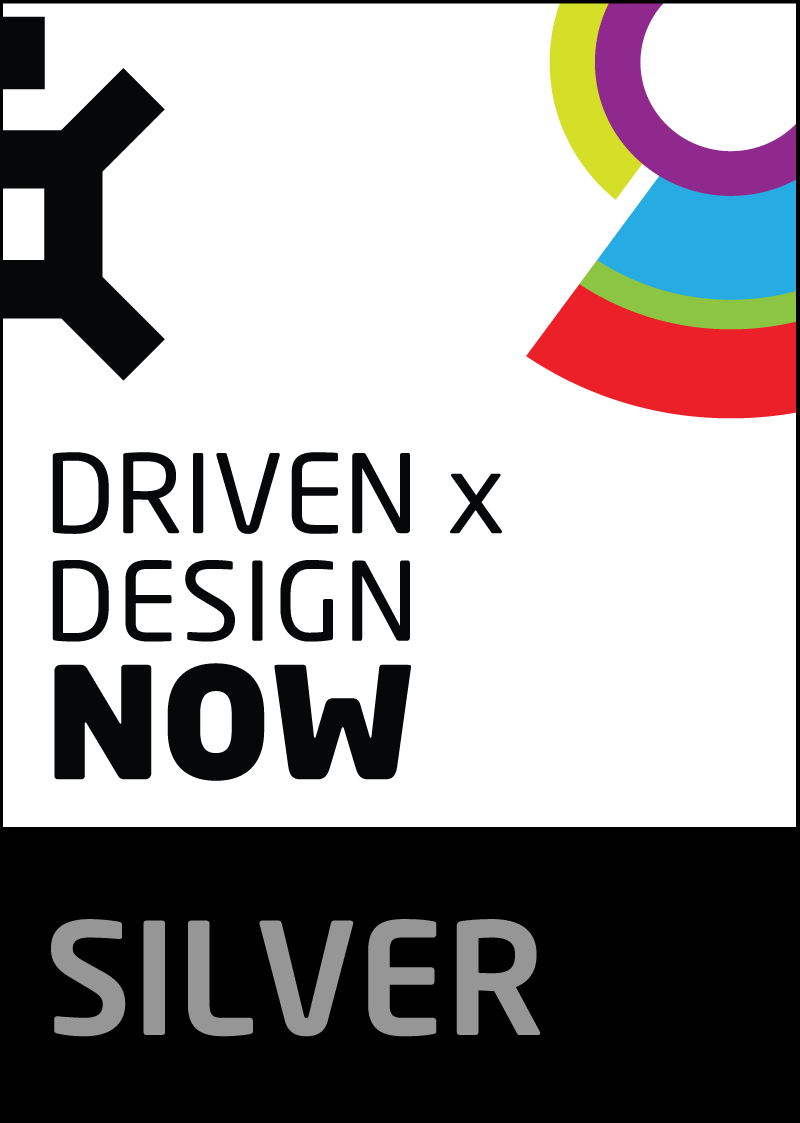


Image Credit : Jelly Drops Ltd.

Project Overview
Jelly Drops are super-hydrating, bite size treats, that people with dementia find engaging and easy to eat.
Organisation
Lewis Hornby / Jelly Drops Ltd
Project Context
For people with dementia the confusion and sleepiness caused by dehydration is often mistakenly attributed to their underlying condition, meaning it can often go unnoticed until it becomes life-threatening. There are a variety of reasons why people with dementia stop drinking; they may no longer feel thirst, may not equate drinking with quenching thirst, may not recognise a cup for what it is, or may not have the dexterity to use a cup. What's more, they often don’t understand instructions to drink, and refuse to be assisted.
By observing the behaviours of care home residents, Lewis Hornby found many were far more independent when it came to eating, and tended to find it more intuitive to use their hands. Even still, when presented with a plate of food most would struggle to tackle it unaided. It was a different story however when Lewis got a box of chocolates out.
Residents that were otherwise disengaged with their environment would ‘light up’ and gratefully accept a treat when offered, with many taking multiple. There is something about this format that excites people with dementia, they instantly recognise it and know how to interact with it.
Project Innovation
The treats are over 90% water, with gelling agents and electrolytes added to improve hydration and ease of use. Their shape means they are easy to pick up for people with weak grips and their bright colours contrasts with the white box to help people with limited vision.
The box itself contains many features to help people with dementia interact with it. The chunky handle allows the lid to be open and closed whilst holding the box, with the locking hinges keeping the lid upright, freeing a hand to eat the treats. The box’s branded aesthetic makes it look more like a shop bought treat box than a medical device, this is critical to reduce stigma around the solution and increase its uptake by care homes. A small booklet inside provides a talking point for visitors or staff to converse with the residents over, whilst simultaneously encouraging them to eat more.
Dehydration reduces the quality of life for many with dementia, and left unchecked it can be fatal. Jelly Drops aims to tackle this by providing a source of hydration they can engage with, increasing independence, reducing reliance on others and improving social interactions between carers and residents.
Social and Community-Oriented Design - Object
Social design applies a design methodology and intervention to tighten the social fabric that holds us together. Addressing issues of social inequality, such as poverty or social isolation, social design is the pathway to a more just and sustainable society. Community-oriented design is a human-centered and participatory design practice that emphasises the betterment of local communities through the improvement of public facilities, equipment, identity and experience.
The object category celebrates creative and innovative design for an object or product. Consideration is given according to the design context and need, design innovation and the application of human centred design principles.
More Details


